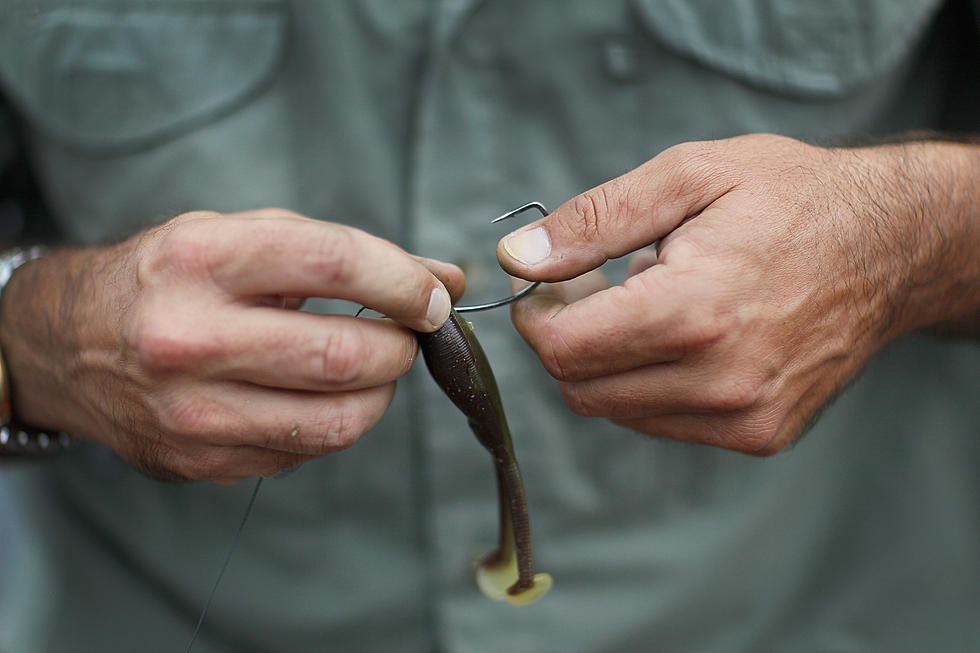
Species Hunted in CWD Zone in Lubbock Must Have Tissue Samples Collected

Chronic Wasting Disease, also known as CWD, was discovered in a free-ranging mule deer buck in Buffalo Springs back in February of 2021, and now a CWD zone encompasses parts of southeast Lubbock County, northeast Lynn County, southwest Crosby County and northwest Garza County.
Species that are harvested in the aforementioned area will need tissue samples collected within 48 hours of harvest for CWD testing. Susceptible species include white-tailed deer, mule deer, elk and many other non-native deer species.
Friday through Tuesday, a TPWD technician will be on call to collect samples.
It was also noted in a press release from the Texas Parks and Wildlife Department that carcass movement restrictions will be in place for the CWD zone. The carcasses and parts of carcasses of susceptible species cannot be taken out of the CWD zone except for the following cases:
- Cut quarters with all brain and spinal cord tissue removed
- Boned meat/cut and wrapped — Texas regulations do not allow processing beyond quarters until reaching your final destination
- Caped hides with skull not attached
- Skull plate with antlers attached and cleaned of all soft tissue
- Finished taxidermy products
- The skinned or unskinned head of a susceptible species may be transported to a taxidermist, provided all brain material, soft tissue, spinal column and any unused portions of the head are disposed of in a landfill in Texas permitted by the Texas Commission on Environmental Quality (TCEQ). The waiver should be kept on your person or with the deer head until it reaches the taxidermist. Download the Deer Head Waiver form to transport the intact head or obtain from a TPWD CWD check station.
- Hunters bringing intact deer heads into Texas from a state or country with CWD should also have this waiver.
Anyone with questions concerning CWD testing requirements or carcass movement restrictions are asked to call the TPWD Lubbock Regional Office at 806-761-4940.
The 25 Best Suburbs in Texas to Raise a Family
10 Things You Learn When You Move to Texas
More From 1025 KISS FM







![Texas Man Transports 200-lb Deer in Most Unconventional Way Possible [Photo]](http://townsquare.media/site/190/files/2016/01/Jennifer-Luna-Sequin-Gazette.jpg?w=980&q=75)

